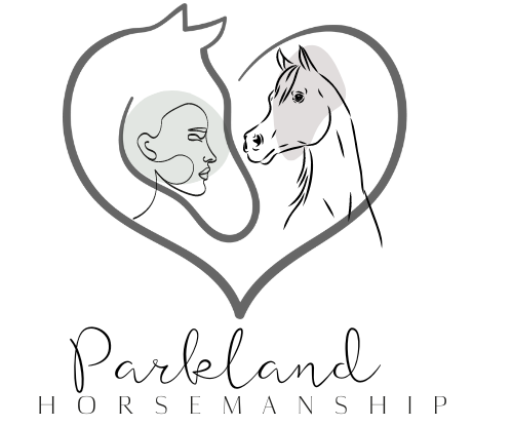EAL uses horses as an effective way for participants to develop transferrable life skills such as emotional regulation, healthy boundaries and self-awareness. (14)
Mindful Herd Gazing and Listening allows participants to observe how Circle R’s herd of horses play, graze, groom each other and form relationships and friendships among themselves.
Observable changes included increased body language awareness and self-awareness about labelling emotions; increased touch seeking with horses; and an increase in contact affirmation.
1. Increased Self-Awareness
Interacting with horses helps human participants feel grounded and foster mindfulness, making this approach popular in programs such as PATH International’s Fundamentals of Equine Assisted Learning (EAL).
Horses have long been believed to be an effective tool in developing emotional self-awareness by encouraging participants to engage in nonjudgmental, mindful interactions. Many clients report becoming better acquainted with their emotional and behavioral triggers through working with horses – leading them to long-term improvements in self-regulation.
Recent phenomenological research showed that at-risk youth reported greater emotional and personal security, respect, and connection after participating in an EAL program. The investigation included time stamped still images and videos catalogued weekly as well as several surveys administered both before and after participating.
2. Increased Self-Confidence
Horses provide individuals with an environment for safely processing challenging emotions in a nonjudgmental and supportive way, mirroring human emotions and behavior without judgment to enable participants to better understand themselves and their emotional responses.
Practice vulnerability in a controlled, safe setting is believed to help those struggling with anxiety build more confidence and self-esteem. Working with horses also provides opportunities to learn new skills that build a sense of achievement and pride.
Successfully navigating challenges presented during a horse session can leave participants feeling empowered and confident, leading them to greater social engagement in the future. Furthermore, this increased sense of confidence fosters empathy as participants learn to interact with and care for their horses.
3. Increased Self-Awareness of Others
Working with horses allows individuals to observe how their behaviors impact those around them. Individuals often discover that their actions when feeling stressed or anxious cause the horse to mirror those emotions – making this an invaluable learning opportunity for individuals trying to regulate emotional responses or increase self-efficiency.
As horses are prey animals, they can quickly adapt to their surroundings and perceive emotional cues from those nearby – providing an invaluable means of helping clients gain insight into their reactions as well as the way these emotions may influence the people in their everyday lives.
As well as individual EAL sessions, we also offer group retreats and workshops tailored specifically to the goals of your organization, corporation or community group – where leadership, team-building and communication skills can be honed through hands-on interaction with horses.
4. Increased Self-Awareness of the Environment
Interacting with horses encourages mindfulness and being in the present. Interaction between participants and horses allows participants to become more self-aware about their emotions as well as nonverbal communication between each of them and the animal.
Horses are prey animals and therefore respond to the energy they sense from people they interact with, responding to body language, pauses and breathing rates that signal emotional arousal.
Connecting and building relationships with large, powerful animals promotes positive identity development as well as self-confidence, efficacy and self-esteem. Engaging with horses also increases tolerance of uncertainty while decreasing anxiety levels – while learning their boundaries helps individuals identify both physical and emotional limits of themselves and those they deal with.
5. Increased Self-Awareness of Your Emotions
Working with horses may help individuals develop emotional awareness. Horses are highly attuned to their environment and able to pick up on nonverbal cues sent out by humans; when someone feels stressed or anxious, horses may move away quickly as prey animals would do in nature.
They can also pick up on any positive feelings a person is having when connecting with a horse and providing leadership, which is known as mirroring.
Studies have demonstrated that participants engaged in EAL tend to be more aware of their emotions and actions’ effect on others – an attribute often associated with mindfulness practice that can help people manage stress and anxiety more effectively, while simultaneously building healthy relationships between humans and horses or other animals.

